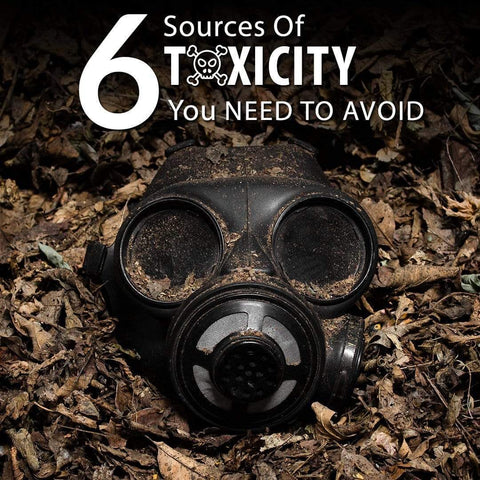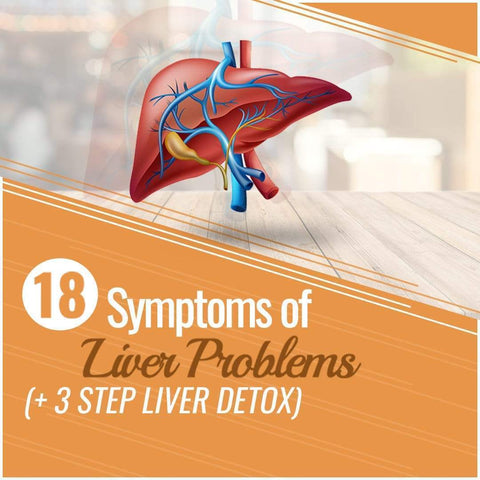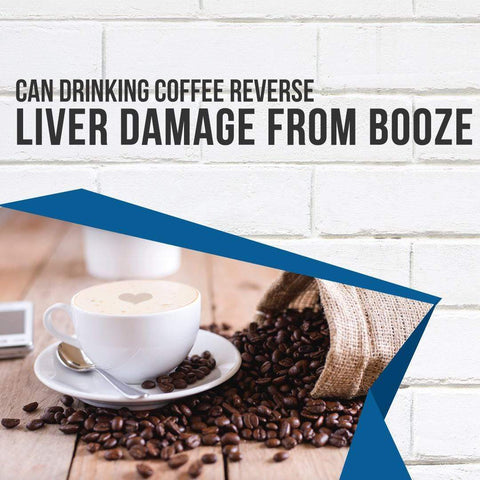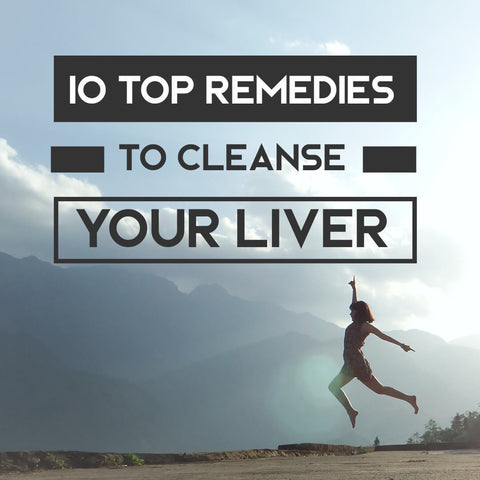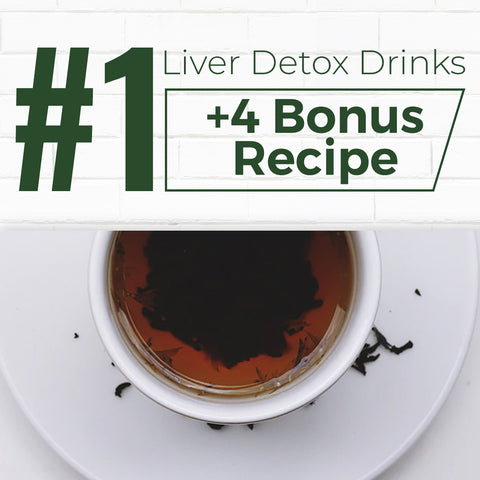 Before you have a sip on that can of diet coke consider this...
Before you have a sip on that can of diet coke consider this...
Accounts of the history of modern diet soda beverages read almost like conspiracy theories. There are claims of early scientific reports, including FDA boards of scientists, labeling aspartame, an artificial sugar substitute found in Diet Coke and Diet Pepsi, as a possible carcinogen.
It has been shown to cause negative health effects on lab animals. Stories abound about the manipulation of governmental boards that approve chemicals for dietary consumption in the general population.
For example, around the time of aspartame’s approval for use, Donald Rumsfeld (a name that might get your attention) was the president and CEO of the company, G.D. Searle, that owned the patent to aspartame.
As interesting as the history of diet soda might be, we won’t delve into it further. We’ll take a more direct and clinical look at the evidenced effects of this sweetener on health. Spoiler warning: the clinical data on the safety of diet soda is controversial, murky, mixed, and ambiguous.
Even claiming that the data is mixed is controversial amongst researchers who claim that diet soda is “safe under all conditions.” The claim of ambiguity is probably also controversial amongst researchers who claim that some artificial sweeteners are “unsafe at any dose”.5
The Scientific Facts
When investigating the health effects of any chemical, it’s effective to look at both the epidemiological and mechanistic evidence. Examining epidemiology, clues can be gained as to the possibility of a substance being correlated to a disease. Mechanistic data gives indications of what the direct measurable effects of a substance are on biology (i.e. what happens in your body when something is consumed).
Exclusive Bonus! Download the FREE report ‘How To Detox Your Liver & Body in 3 Simple Steps’ by clicking here.
Concerns about formaldehyde and hypoglycemia
From a mechanistic perspective, one of the concerns involving aspartame consumption deals with the fact that formaldehyde is one of the sweetener’s metabolites (the components that aspartame gets broken down to).1, 3, 4 Formaldehyde is, according to the U.S. National Toxicology program “known to be a human carcinogen”.2
This toxin is known to damage DNA by attaching to it. And that’s exactly what was observed in a study that traced the metabolism of aspartame through the bodies of rats. The formaldehyde synthesized from aspartame produced adducts (markers of damage) on tissue proteins and nucleic acids in DNA.1
However, low doses of aspartame did not produce an increase in one measurement of formaldehyde-protein adducts in humans.3 Perhaps the effect on humans of aspartame-derived formaldehyde should be studied further. Maybe measuring numerous proteins for adducts, and/or exposing subjects to higher but realistic dosages, could give us a better picture of the risks.
Since formaldehyde is considered carcinogenic, there have been concerns that aspartame can increase the risk of tumours. However, a 2007 review examining aspartame’s carcinogenic potential concluded that there is limited evidence that aspartame raises the risks of tumours.6
Other reviews also generally conclude that aspartame consumption does not increase risks of tumours. So maybe the amount of formaldehyde produced from aspartame isn’t substantial enough to cause obvious correlations with diet sodas in population studies. Nevertheless, aspartame’s conversion to formaldehyde remains a concern to some researchers who think it is likely to negatively affect human health.
In 2008, researchers hypothesized that aspartame-associated headaches were due to the immune system’s response to formaldehyde.4
Another mechanism of aspartame’s action that raises concerns involves the release of insulin without a concurrent rise in blood sugar.5 Even though diet soda is supposed to foster weight loss, in comparison with high-fructose sodas, it has actually been shown in human and animal studies to increase weight gain even more than sugary sodas.5
Researchers think that the weight gain is due to the hypoglycemia that is said to occur after diet soda consumption. This hypoglycemia (caused by an increase in insulin but not in blood sugar) causes the drinker to consume more food than usual.5
So aspartame might be fooling and not helping those who are trying to shed pounds.
Does Diet Soda Cause Disease?
The epidemiology of diet soda and disease might shed some light on the effects of diet soda, but it does not prove any effect and instead just makes a general connection between consumption and risk of health issues. In 2014, it was noted that consuming diet sodas, and even adding artificial sweetener to coffee, increases the risk of depression.7
Another correlational study showed a 30% greater reduction in kidney function over 20 years of drinking artificially sweetened beverages.8
Other studies show correlations between decreases in lung function as well as increases in cardiovascular disease, and even significant increases in risks of metabolic syndrome (36%) and type II diabetes (67%).
Research has also shown links between Aspartame and;
- Diabetes and metabolic syndrome
- Cardiovascular Disease
- Depression
- Lung problems
- Decreased kidney function
Benefits of Diet Soda over Regular Soda
There are indeed a few documented benefits to consuming diet sodas. They can lessen tooth decay (compared to regular soft drinks), improve blood sugar stability in diabetic patients, and have anti-inflammatory properties.5
But if I were going to be cynical, I could also come up with a few benefits correlated with cigarette smoking.
Key Findings –
- Diet soda has been shown to increase weight gain even more than regular soft drinks
- There are carcinogenic concerns related to the sugar substitute aspartame but no clear links with increased cell growth in humans
- Diet soda is linked with increased chance of many diseases
Consumers will have to decide if it is worth it to consume diet soda. They will have to weigh the clinical evidence and consider the possibility of diet soda’s bad effects on health.
If someone wants a sweet drink without the calories, perhaps the herb stevia (which contains no sugar but tastes over a hundred times sweeter than sugar) could be a viable option for defeating a sweet tooth.
Does your liver need a detox?
Poor diet and lifestyle choices, as well as everyday pollutants and toxins can have a harmful effect on your liver.
After all, it’s job is to act like one big detox factory. But sometimes it can get overloaded and could use a little help.
Help your liver perform at its best with a clean and natural detox.
Click here to download the FREE report by Nutritionist Evan Burns, which reveals how to cleanse and detox your liver in 3 steps. Yours FREE for a limited time.




